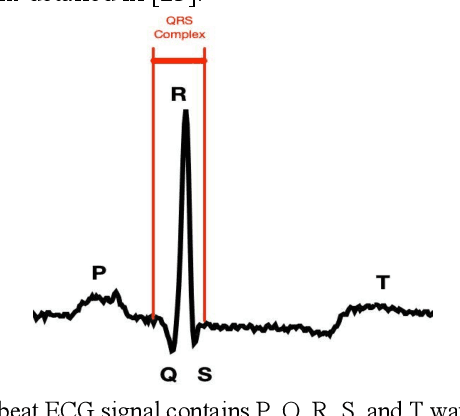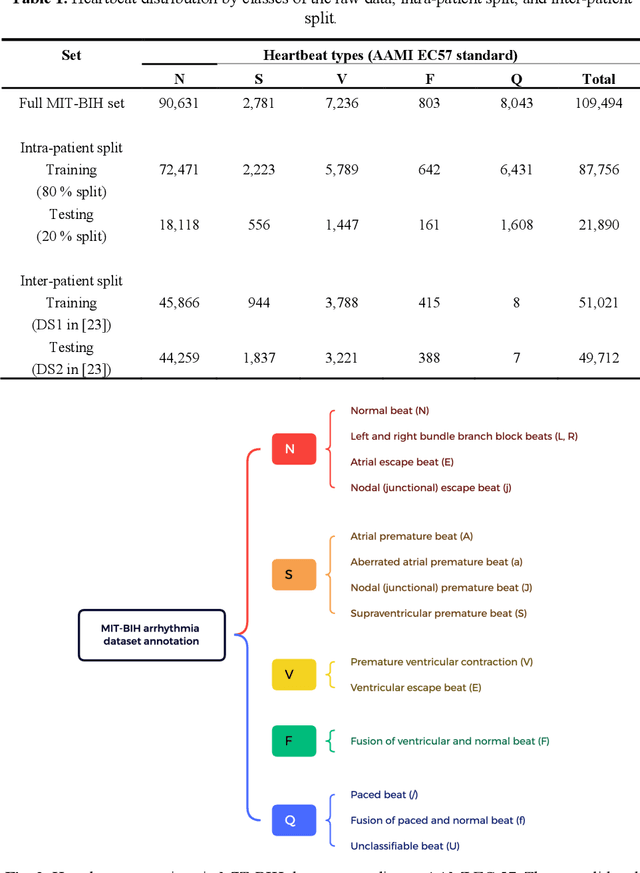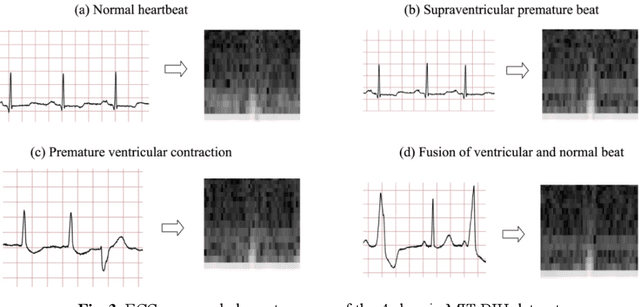Yanxun Li
Artifact-Aware Evaluation for High-Quality Video Generation
Jan 28, 2026Abstract:With the rapid advancement of video generation techniques, evaluating and auditing generated videos has become increasingly crucial. Existing approaches typically offer coarse video quality scores, lacking detailed localization and categorization of specific artifacts. In this work, we introduce a comprehensive evaluation protocol focusing on three key aspects affecting human perception: Appearance, Motion, and Camera. We define these axes through a taxonomy of 10 prevalent artifact categories reflecting common generative failures observed in video generation. To enable robust artifact detection and categorization, we introduce GenVID, a large-scale dataset of 80k videos generated by various state-of-the-art video generation models, each carefully annotated for the defined artifact categories. Leveraging GenVID, we develop DVAR, a Dense Video Artifact Recognition framework for fine-grained identification and classification of generative artifacts. Extensive experiments show that our approach significantly improves artifact detection accuracy and enables effective filtering of low-quality content.
Taming Preference Mode Collapse via Directional Decoupling Alignment in Diffusion Reinforcement Learning
Dec 30, 2025Abstract:Recent studies have demonstrated significant progress in aligning text-to-image diffusion models with human preference via Reinforcement Learning from Human Feedback. However, while existing methods achieve high scores on automated reward metrics, they often lead to Preference Mode Collapse (PMC)-a specific form of reward hacking where models converge on narrow, high-scoring outputs (e.g., images with monolithic styles or pervasive overexposure), severely degrading generative diversity. In this work, we introduce and quantify this phenomenon, proposing DivGenBench, a novel benchmark designed to measure the extent of PMC. We posit that this collapse is driven by over-optimization along the reward model's inherent biases. Building on this analysis, we propose Directional Decoupling Alignment (D$^2$-Align), a novel framework that mitigates PMC by directionally correcting the reward signal. Specifically, our method first learns a directional correction within the reward model's embedding space while keeping the model frozen. This correction is then applied to the reward signal during the optimization process, preventing the model from collapsing into specific modes and thereby maintaining diversity. Our comprehensive evaluation, combining qualitative analysis with quantitative metrics for both quality and diversity, reveals that D$^2$-Align achieves superior alignment with human preference.
ECG Heartbeat classification using deep transfer learning with Convolutional Neural Network and STFT technique
Jul 05, 2022



Abstract:Electrocardiogram (ECG) is a simple non-invasive measure to identify heart-related issues such as irregular heartbeats known as arrhythmias. While artificial intelligence and machine learning is being utilized in a wide range of healthcare related applications and datasets, many arrhythmia classifiers using deep learning methods have been proposed in recent years. However, sizes of the available datasets from which to build and assess machine learning models is often very small and the lack of well-annotated public ECG datasets is evident. In this paper, we propose a deep transfer learning framework that is aimed to perform classification on a small size training dataset. The proposed method is to fine-tune a general-purpose image classifier ResNet-18 with MIT-BIH arrhythmia dataset in accordance with the AAMI EC57 standard. This paper further investigates many existing deep learning models that have failed to avoid data leakage against AAMI recommendations. We compare how different data split methods impact the model performance. This comparison study implies that future work in arrhythmia classification should follow the AAMI EC57 standard when using any including MIT-BIH arrhythmia dataset.
 Add to Chrome
Add to Chrome Add to Firefox
Add to Firefox Add to Edge
Add to Edge